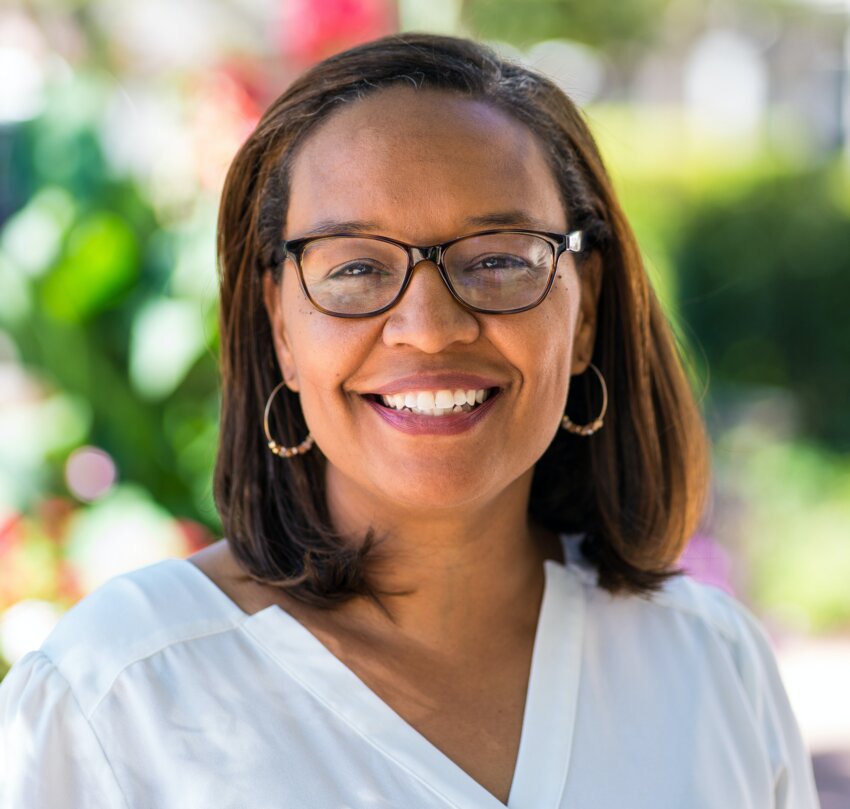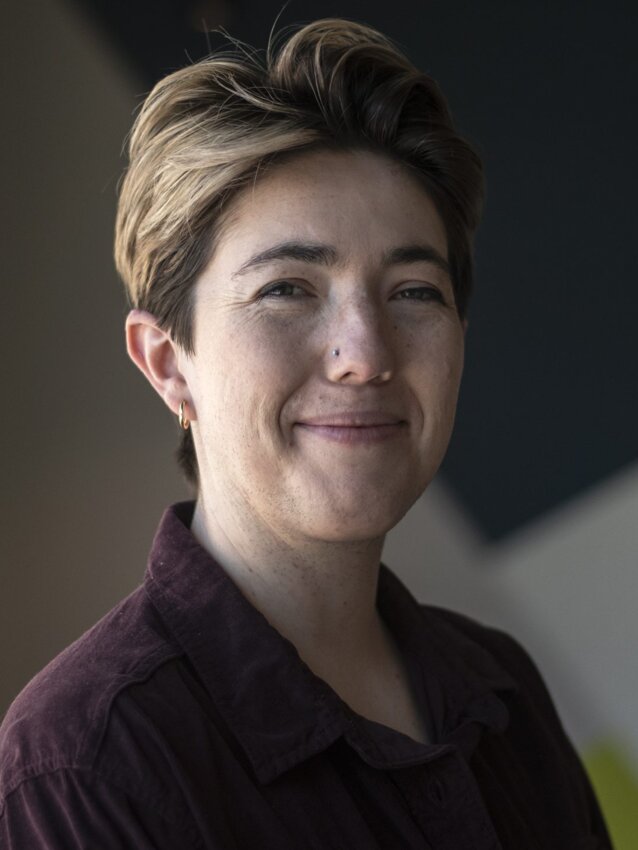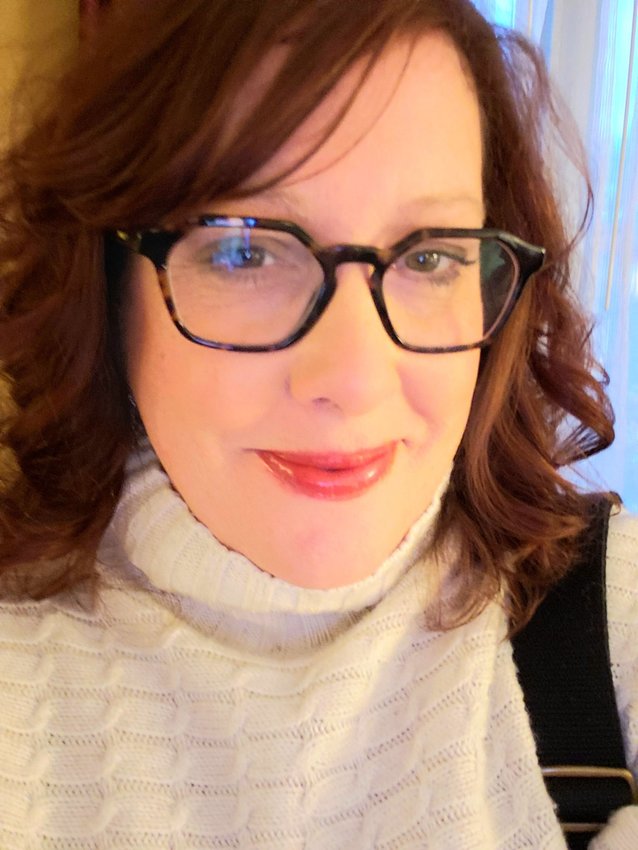News media publishers face dilemmas over social media policy today. There's a delicate balance between encouraging reporters to engage on social media — to extend journalism's reach — and avoiding pitfalls that undermine reporting. They're also grappling with respecting journalists' freedom of speech in an age when social media is integral to their professional and personal lives.
Signal Ohio has a formal employment policy, but social media conduct isn’t expressly a part of it, Signal Cleveland Editor-in-Chief Lila Mills explained. She leads a dynamic newsroom with veteran reporters, documentarians and early-career journalists. As their editor, she wants them to be "their authentic whole selves." That includes feeling free to express themselves on social media, with the exception of political endorsements.

“If we’re talking about a particular story and who can write it, we should know of any conflicts that exist,” she said.
Mills' greater concern is how journalists respond to criticism by social audiences. As a newsroom that encourages citizens to question information, she said, “We cannot then turn around and be dismissive of any critiques that come our way.” After all, comments posted to social media threads — anything shy of harassment — is engagement.
“Sometimes I worry that we’re a little bit too sensitive about that type of engagement. … We need to be less reluctant to be publicly criticized if we’re in the business of holding folks accountable,” Mills said.
"The biggest challenge in managing reporters and social media is that they have the freedom — and should have — the classic First Amendment right to say what they want and to be themselves," Ronnie Ramos said. "But you also have to protect our integrity and objectivity." Ramos has an illustrious career leading newsrooms and is currently the vice president of content at Advance Local’s MASSLive.com. Advance Local has a formal policy on social media as part of its code of conduct.
Ramos said social conflicts haven't arisen five months into his new role. However, in the past, he’s faced potential conflicts — a case of a sports reporter posting an opinion about NFL player protests and another involving guild reporters who’d garnered union support from public officials they might be tasked to report on.
Ramos disapproves of scrutinizing and censoring journalists.
“You have to assume they’re doing the job responsibly and being professional on social media,” he said.
“The one thing we do restrict — and I’ve done this everywhere — is that you can’t speak on behalf of the company,” Ramos noted.
The Colorado Sun lays out social media expectations in its ethics policy. In part, it reads: “Our journalists … must maintain the same ethical standards that they would when they are writing for The Sun. This may seem unfair, to seek control over what people do in their off hours. But our journalists are closely identified in the public by their association with The Colorado Sun and, fairly or not, members of the public may use our journalists’ personal actions to judge our professional integrity.”

Danika Worthington is the social and presentation editor at the nonprofit Colorado Sun. “Journalists also need to be aware of how easily their posts can be misinterpreted. Some users carry such strong biases that anything said — regardless of how innocuous — can be twisted. It’s best to keep this in mind and limit your risk as much as possible,” she told E&P.
Reporting and opinion can be conflated online. Worthington explained, "We ended up creating separate social accounts for opinion content because we found that pieces were too often causing social media storms that started to damage the reputation of our news accounts."
For Sun reporters maintaining personal social pages, Worthington recommends locking the account “for their own privacy and to avoid bad actors trolling them.”
 Gretchen A. Peck is a contributing editor to Editor & Publisher. She’s reported for E&P since 2010 and welcomes comments at gretchenapeck@gmail.com.
Gretchen A. Peck is a contributing editor to Editor & Publisher. She’s reported for E&P since 2010 and welcomes comments at gretchenapeck@gmail.com.
Comments
No comments on this item Please log in to comment by clicking here